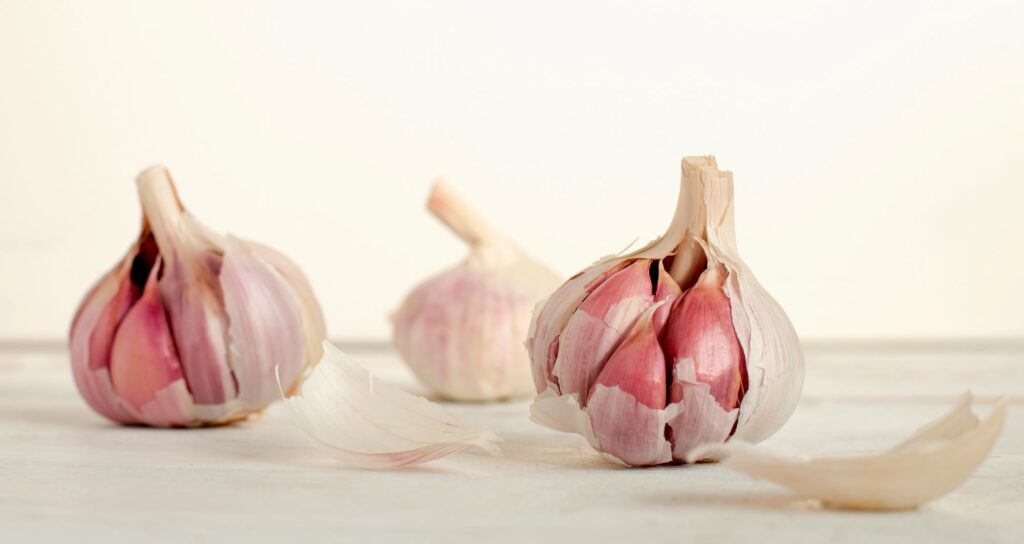Hey there, fellow food enthusiasts and health buffs! Today, we’re diving into the world of fresh herbs. These little green powerhouses not only add amazing flavor to our dishes but they’re also packed with potential health benefits!
While some herbs are about taste, others boast impressive medicinal properties. Michael Castleman, author of “The New Healing Herbs,” reminds us that these “medicinal herbs contain chemical compounds that have drug-like effects.” However, it’s important to consult your doctor before taking any herbal supplements, as some can interact with medications or have side effects.
Let’s look at 10 fantastic herbs that can elevate your cooking and potentially boost your well-being!
1. Basil: More Than Just Pesto
Move over, pesto! Basil, with its over 100 varieties, offers so much more. Research suggests sweet basil may help manage blood pressure. Studies on holy basil have shown promise in reducing stress, anxiety, and even depression. Remember, these studies were conducted in labs, so results may vary, but the potential is exciting!
Tip: Fresh basil is best added towards the end of cooking to preserve its delicate flavor.

2. Dill: Beyond Pickling Powerhouse
This feathery friend isn’t just for pickling cucumbers! Researchers at Penn State found that daily meals seasoned with herbs like dill led to lower blood pressure in participants. So next time you’re whipping up a dish, consider adding a sprinkle of dill for extra flavor and a potential health boost.
Tip: Feeling a bit fresh-breathed? Chewing on some dill seeds might help!
3. Garlic: The (Maybe) Cold-Fighting Culinary Hero
Though Grandma’s wisdom about garlic warding off colds might not be fully backed by science yet, research does suggest it can help lower blood pressure and prevent artery hardening.
Tip: To unlock garlic’s health benefits, chop or crush it at least 10 minutes before cooking to activate its beneficial compounds.

4. Ginger: A Spice Soothing and Strengthening
Ginger, a superstar in the wellness world, has a long list of potential benefits. Studies have shown it can ease knee pain, calm nausea, aid muscle recovery, and even lower cholesterol.
Tip: Don’t waste that precious ginger juice! Cooks Illustrated recommends saving the juice from grating for an extra flavor kick in your recipes.
5. Lavender: The Relaxing Floral Favorite
While technically edible, lavender’s calming properties shine brightest through its aroma. Research suggests the scent of this member of the mint family can ease anxiety, improve sleep, and melt away stress. Feeling restless? Try placing a sachet of lavender under your pillow at night to promote relaxation.
Tip: If you do plan to use lavender for culinary purposes, make sure it’s culinary grade and start with a small amount, as its fragrance can overpower a dish.
6. Lemon Balm: Nature’s Stress Reliever
This leafy friend has been used for centuries to combat stress and anxiety, and science seems to back it up. A study in the journal Psychosomatic Medicine found lemon balm can promote feelings of calmness and lift negativity. Plus, it can help with cold sores and itchy bug bites!
Tip: Steep lemon balm leaves in hot water to create a soothing tea, or dab a cooled version on those pesky bug bites and sores.
7. Oregano: A Flavorful Fighter
Oregano isn’t just about adding pizzazz to your pizza! Packed with carvacrol, a compound effective against the nasty stomach bug norovirus, oregano offers a potential immune system boost.
Tip: Feeling under the weather? Whip up a cup of oregano tea by steeping leaves in hot water, adding lemon and honey for taste.
8. Rosemary: For Memory and More
This piney delight is a rich source of antioxidants and anti-inflammatory compounds that may benefit the immune system and circulation. Rosemary might even help manage blood sugar, making it a potential ally for those with diabetes. Additionally, research suggests it may improve memory and learning.
Tip: Rosemary packs a punch, so use it sparingly to avoid overpowering your dishes.
9. Sage: A Wise Choice for Wellness
Sage, with its velvety leaves and minty aroma, has a long history of medicinal use. Studies suggest sage tea may be helpful for bronchitis, cough, and even memory. Plus, some research indicates it could improve cholesterol and triglycerides in people with type 2 diabetes.
Tip: A little sage goes a longlong way! Use a light hand when seasoning your food with this potent herb.
10. Thyme: A Cough Conqueror
Thyme, a staple in kitchens for centuries, boasts not only earthy flavor but also potential medicinal properties. Research suggests it can still soothe inflamed bronchial tubes and quiet coughs, just like it did in the Middle Ages.
Tip: Feeling a tickle in your throat? Brew a cup of thyme tea with fresh or dried sprigs, add lemon and honey, and sip your way to relief.
So there you have it, folks! These 10 fantastic herbs can add a delightful touch to your culinary creations while potentially offering some amazing health benefits. Remember, these are highlights from ongoing research, and it’s always best to consult with a healthcare professional before making any major changes to your diet or using herbs for medicinal purposes.
Happy cooking, and happy well-being!



